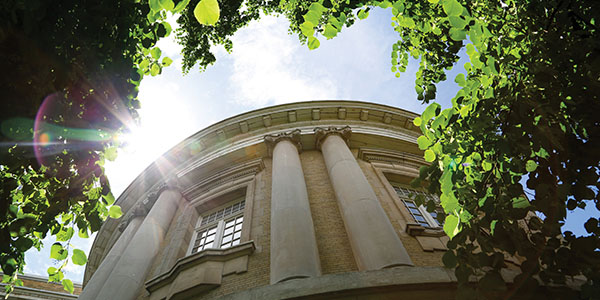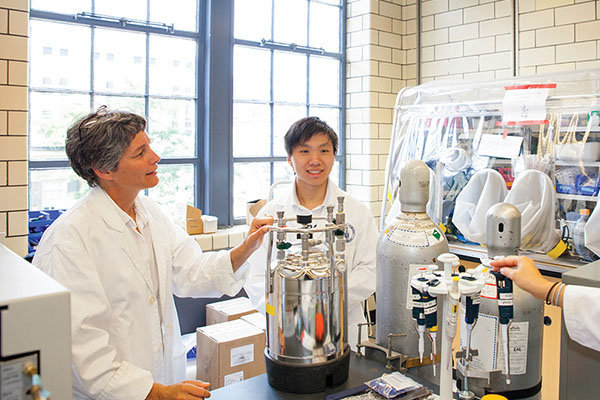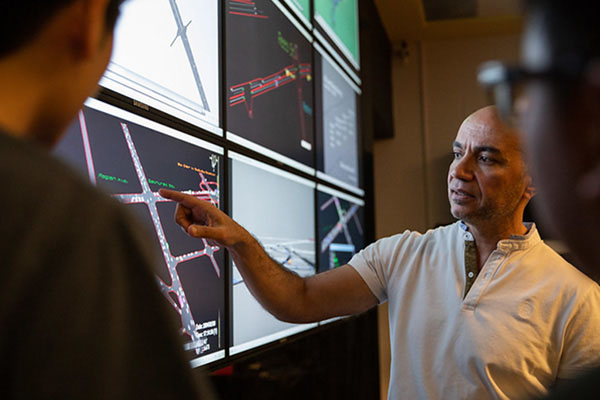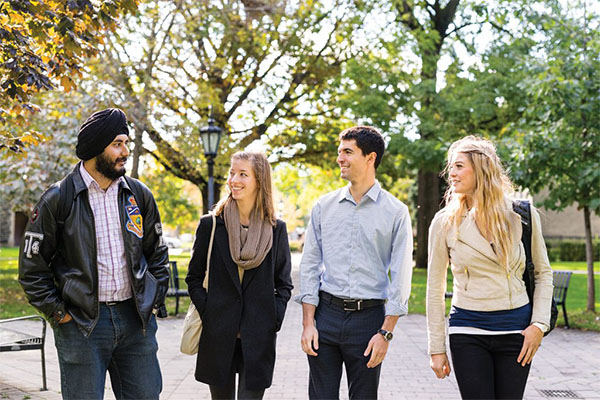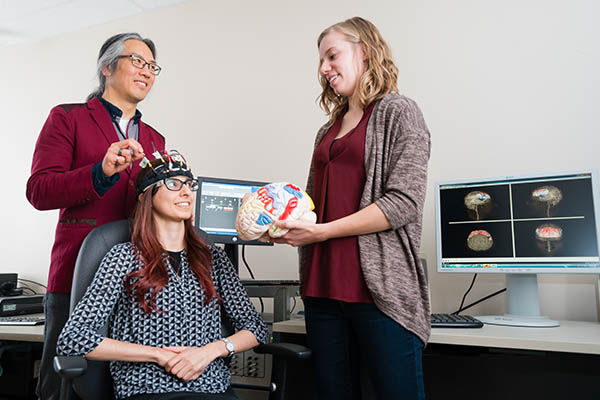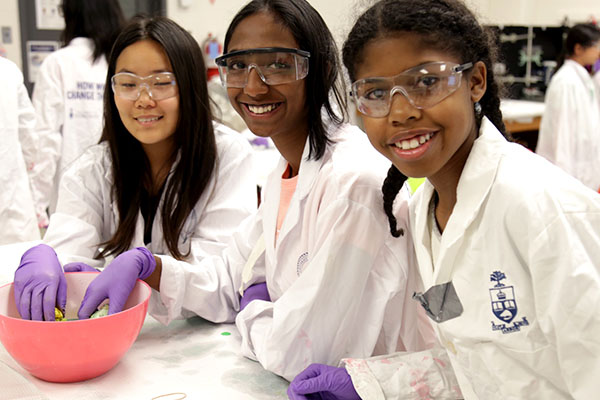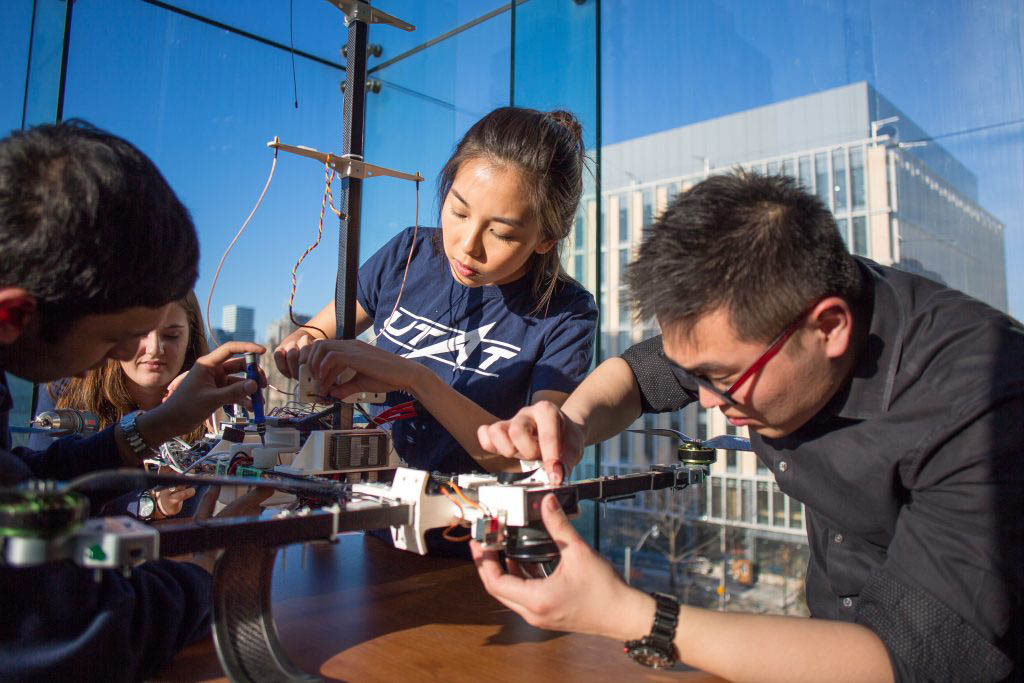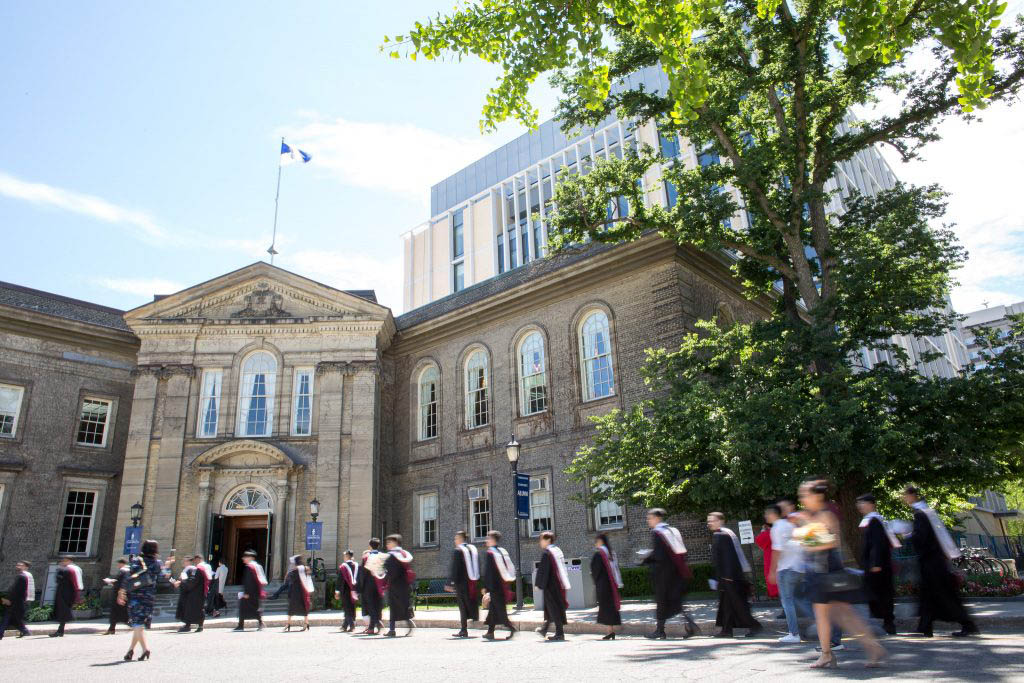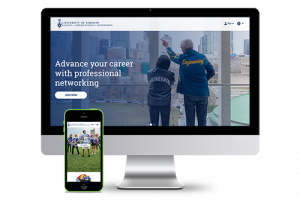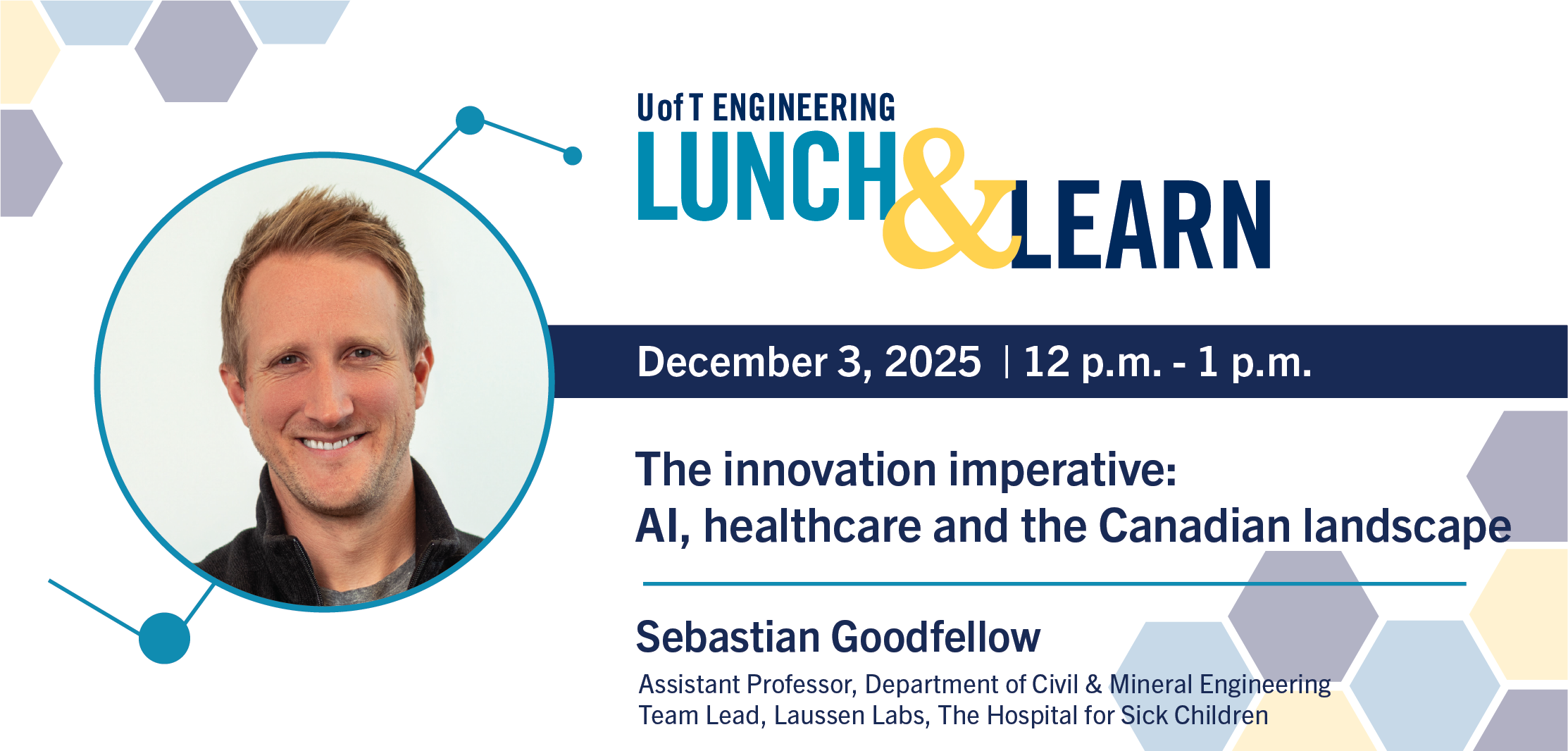
Artificial intelligence (AI) has the potential to transform healthcare; however, translating promising research into real-world clinical tools is a lengthy and challenging process.
In this talk, Sebastian Goodfellow shares the ongoing journey of developing an AI-powered decision support system to detect and diagnose life-threatening heart arrhythmias in critically ill children. From early research and prototypes to silent trials and regulatory approval, he explores the path toward clinical adoption within the Canadian healthcare landscape.
Join us on December 3, 2025, at our monthly Skule™ Lunch & Learn.
About the speaker — Sebastian Goodfellow
Sebastian Goodfellow’s research sits at the interface between laboratory experimentation, machine learning, data science and geoscience engineering.
Sebastian D. Goodfellow is an interdisciplinary researcher whose work bridges geoscience engineering, machine learning and data science. As an Assistant Professor in the Department of Civil & Mineral Engineering at the University of Toronto and Director of the Lassonde Institute of Mining, his research focuses on applied seismology and acoustic emission testing, particularly in the context of induced seismicity from hydraulic fracturing. He conducts advanced rock mechanics experiments to analyze stress, deformation and acoustic signals, aiming to understand microfracture behavior in geological materials.
On the applied side, Goodfellow leverages machine learning to interpret vast waveform datasets, enabling predictive insights into seismic events. His experience in industry informs his interest in deploying robust machine learning models in real-world engineering environments. Additionally, he contributes to healthcare research, applying deep learning to ECG rhythm classification, enhancing diagnostic interpretability for clinicians.



